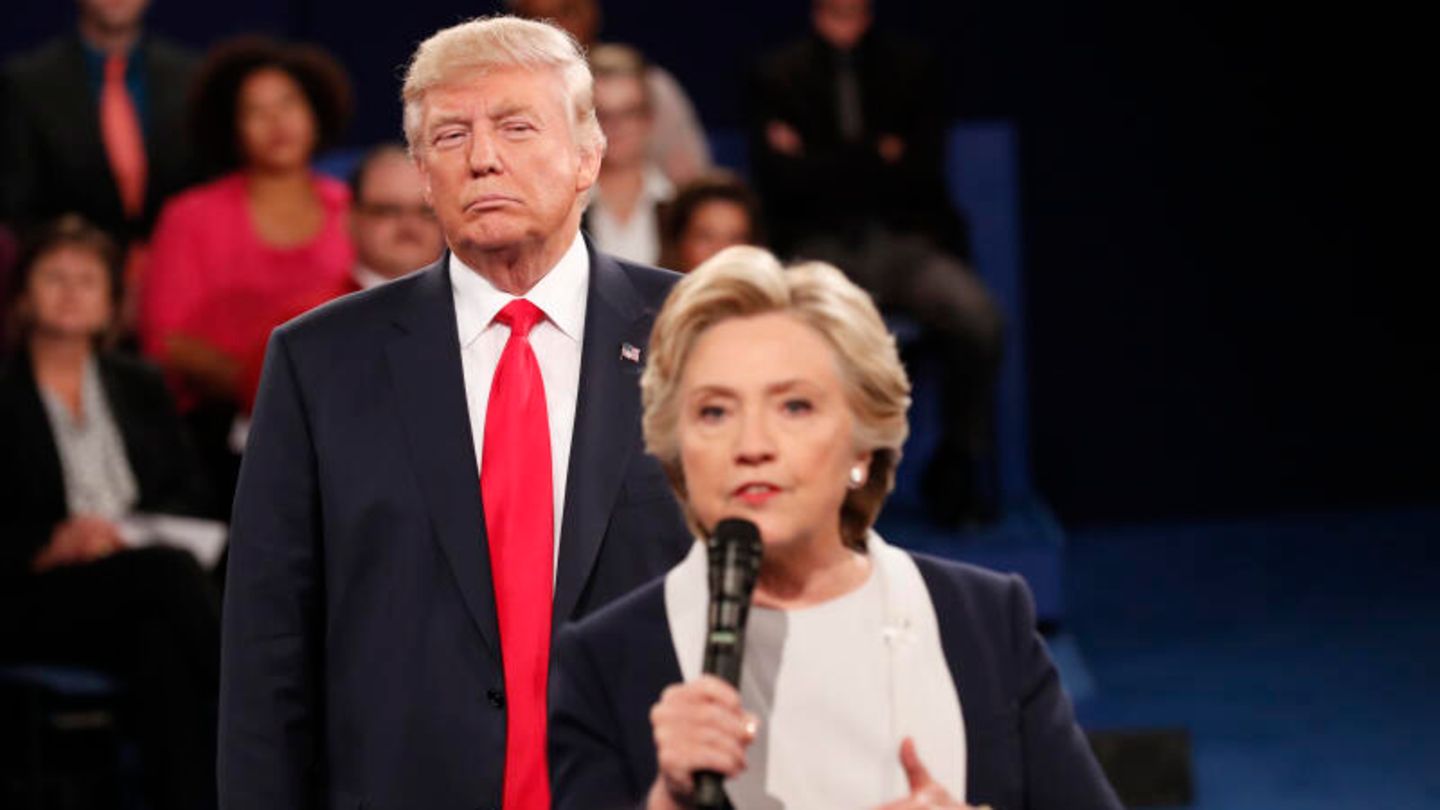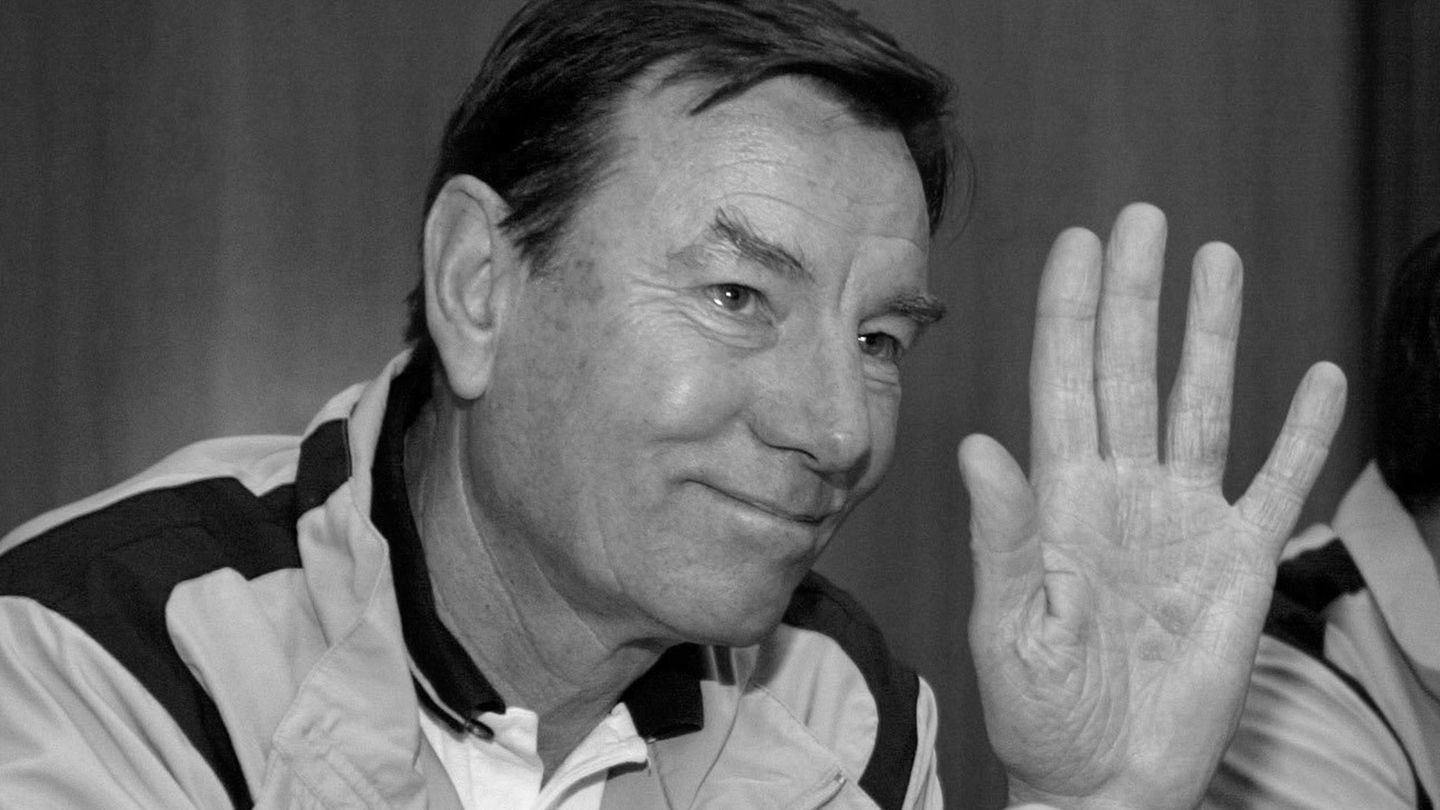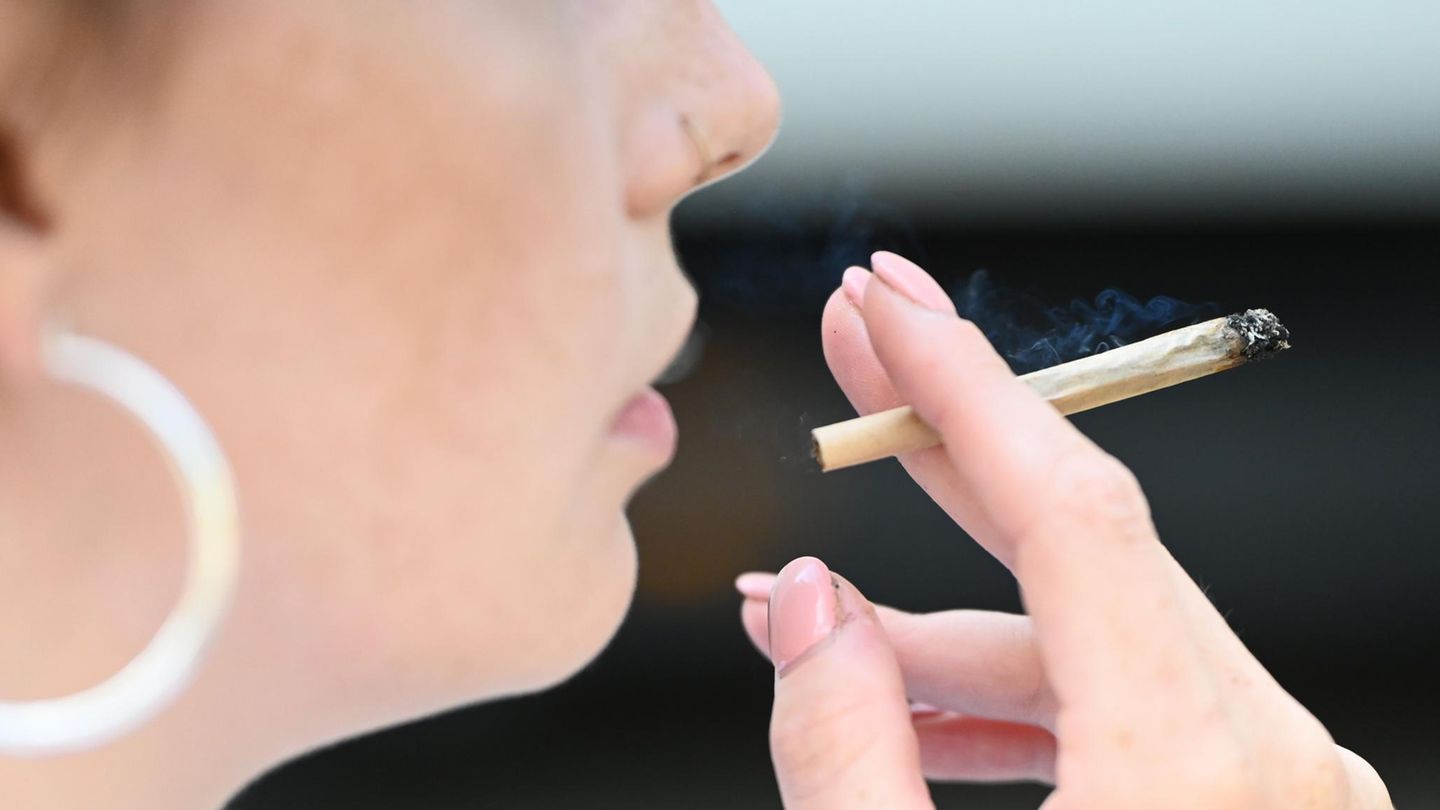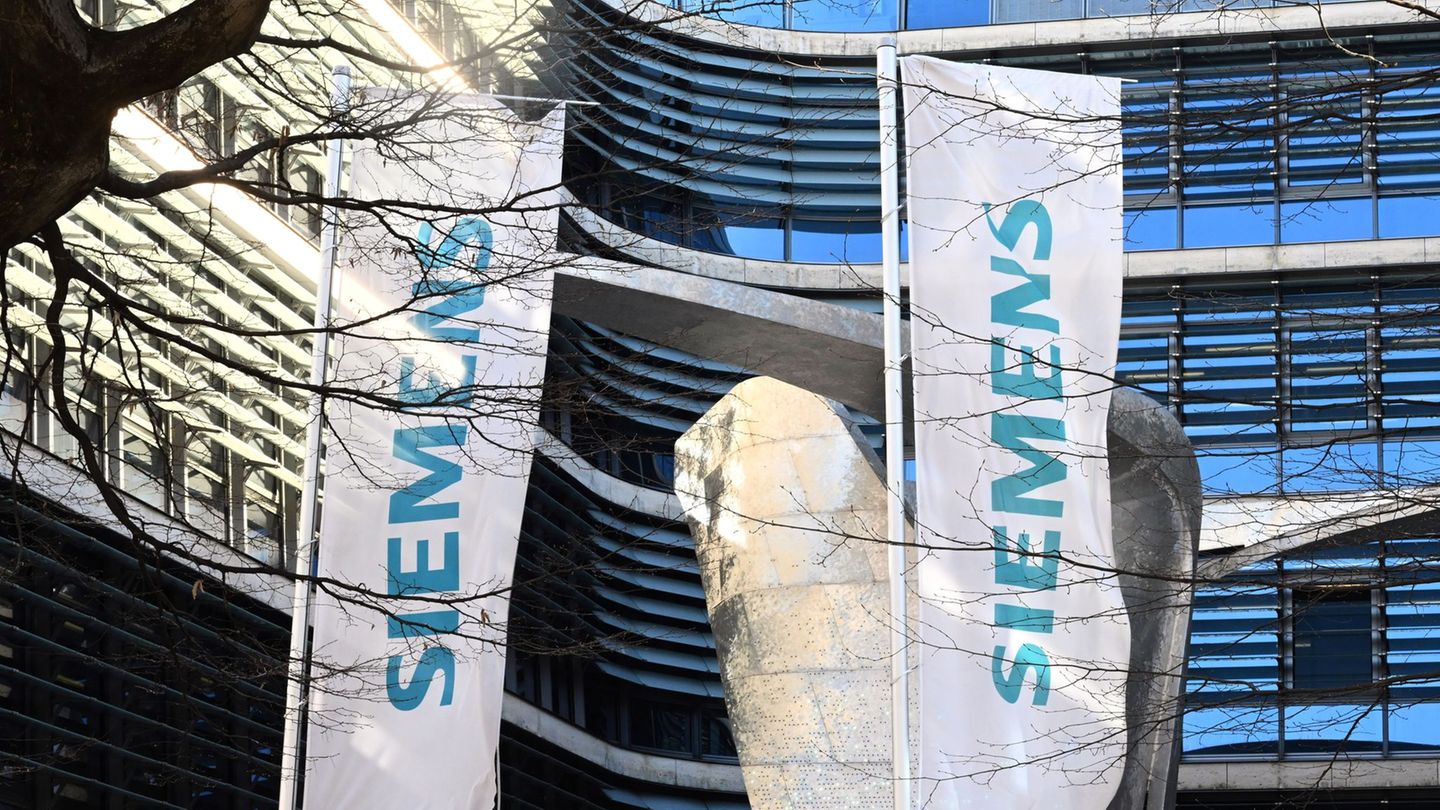The countdown to the duel has begun. On Wednesday night German time, Donald Trump and Kamala Harris will meet in Philadelphia in their first (and possibly only) presidential debate. It is the first time that the two have met on a podium. At the last presidential debate in June, US President Joe Biden was on stage for the Democrats.
A lot has happened in the election campaign since then. An assassination attempt on Trump, which he only just survived. Biden’s announcement that he is ending his candidacy and passing the baton to his vice president. The rapid rise of Harris, who has managed to unite a divided party within a very short space of time, collect record donations and catch up in the polls.
There is a lot at stake for both candidates in the debate. A look at history shows that it would not be the first time that a televised debate has been the deciding factor in a close race.
TV duels are real highlights in the US election campaign
For decades, presidential debates have been an integral part of the American election campaign. They offer candidates a chance to strengthen their public perception and convince undecided voters of their political vision for the country. They are often the largest audience for their campaigns. Around 51 million people watched the Biden-Trump debate in June, a number that could be surpassed on Tuesday.
There is great interest in the highly polarized election campaign. Around 65 percent of people said in surveys that they wanted to watch the TV debate. The debate, moderated by ABC journalists, will be broadcast simultaneously on several channels. Large-scale watch parties are planned in New York, Houston and Los Angeles.
According to historians, presidential debates are most important when there is no clear frontrunner in the polls and undecided voters still make up a large portion of the electorate. Both of these are true this year.
Recent polls in the important swing states indicate a neck-and-neck race between Trump and Harris. Around ten percent of voters say they are still undecided. The situation is reminiscent of the close race between George W. Bush and Al Gore in 2000. Back then, a few hundred votes in Florida made the difference.
For Kamala Harris and Donald Trump it’s all about everything
For Harris, the TV debate offers the greatest opportunity to present her political agenda to voters and draw a stark contrast between herself as a former prosecutor and Trump, a convicted felon. Trump will try to woo an audience outside of his MAGA bubble and convince viewers why the United States has become more expensive, weaker and more dangerous under the Biden-Harris administration.
His advisers hope that Trump can create his own version of Ronald Reagan’s famous moment in his debate against Jimmy Carter in 1980. At the time, Reagan asked television viewers whether they were better off today than before Carter took office – and won the election shortly afterwards.
The Harris team, in turn, is counting on their candidate to put in a similarly strong performance as in the 2020 vice presidential debate. At that time, Harris did not tolerate any interruptions from her then opponent Mike Pence, but said emphatically: “Now I’m talking.”
These are the scenes that can make the difference in the end.
A look back at the most significant TV debates in American election history.
Source: Stern
I have been working in the news industry for over 6 years, first as a reporter and now as an editor. I have covered politics extensively, and my work has appeared in major newspapers and online news outlets around the world. In addition to my writing, I also contribute regularly to 24 Hours World.




